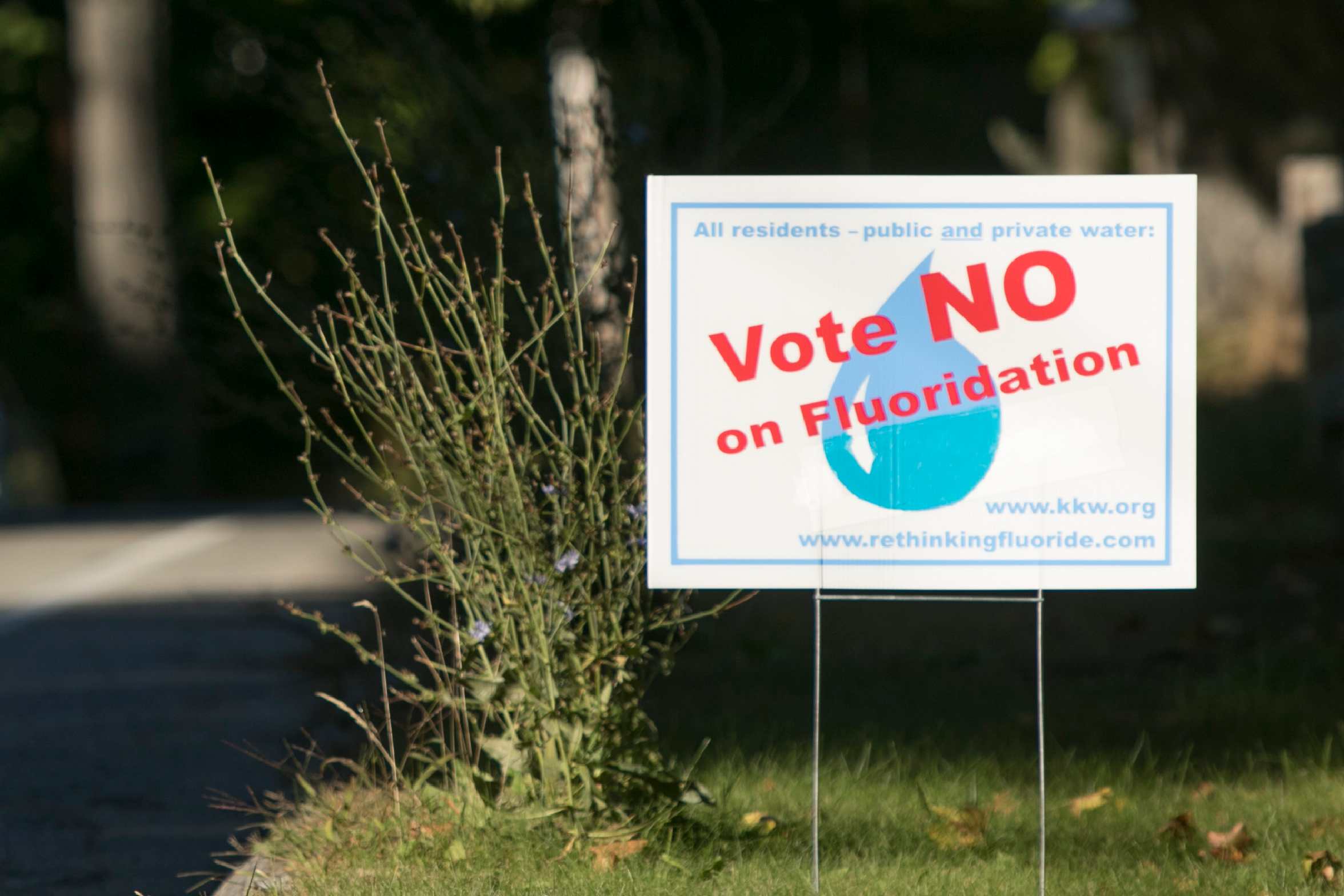…
It is a scenario playing out nationwide. From Oregon to Pennsylvania, hundreds of communities have in recent years either stopped adding fluoride to their water supplies or voted to prevent its addition. Supporters of such bans argue that people should be given the freedom of choice. The broad availability of over-the-counter dental products containing the mineral makes it no longer necessary to add to public water supplies, they say. The Centers for Disease Control and Prevention says that while store-bought products reduce tooth decay, the greatest protection comes when they are used in combination with water fluoridation.
The outcome of an ongoing federal case in California could force the Environmental Protection Agency to create a rule regulating or banning the use of fluoride in drinking water nationwide. In the meantime, the trend is raising alarm bells for public health researchers who worry that, much like vaccines, fluoride may have become a victim of its own success.
The CDC maintains that community water fluoridation is not only safe and effective but also yields significant cost savings in dental treatment. Public health officials say removing fluoride could be particularly harmful to low-income families — for whom drinking water may be the only source of preventive dental care.
“If you have to go out and get care on your own, it’s a whole different ballgame,” said Myron Allukian Jr., a dentist and past president of the American Public Health Association. Millions of people have lived with fluoridated water for years, “and we’ve had no major health problems,” he said. “It’s much easier to prevent a disease than to treat it.”
According to the anti-fluoride group Fluoride Action Network, since 2010, over 240 communities around the world have removed fluoride from their drinking water or decided not to add it.



No that is not how expertise works. You cannot be an expert at everything: there’s not enough time for one and not everyone is even capable for two. In fact, most people are decidedly NOT capable of being experts about MOST things. If someone spends their life working in an area (not watching YouTube videos about it), their perspective in that area is BETTER and is more worthy of consideration. A consensus among experts prevents any one individual from taking advantage of a situation and is even more worthy of consideration.
The thing is, copying experts does not mean you understand the subject.
Lots of people think that just because they cite someone with more credentials than them, then that person must be correct. That’s not how the real world works and you’ll understand it more as you get older.
If you just trust people based on their credentials, then you’re treating science like a religion and shouldn’t be taken seriously by rational people. You do this because it’s easier than understanding the science yourself.
This means you will be taken seriously by average people since rationality is on the decline.
Lol shut up I have two kids, a PhD and almost 20 years experience running a university research lab BEFORE my current job.
You don’t have to understand that low dose fluoride is good for your teeth for it to be true. You don’t have to understand that vaccines improve community health, or that getting enough movement throughout the day is good for heart health, or that eclipses don’t cause electromagnetic anomalies for those things to be true either.
Planning to trust yourself more then experts in a field is naive to the point of being delusional. Especially if you’re thinking you can go read a paper or two and “understand” it enough to be an intellectual peer of someone who actually invested years of time. No matter who you are, even if you’re Einstein reincarnated, you’re not that smart.
You don’t have to listen blindly to every person, but listening to the consensus of people who know more than you isn’t religion, it’s a heuristic for making better decisions.
So? Did you study the effects of drinking fluoridated water?
Or do you just have faith in those who did?
It’s just another source of information. Treating that source as absolute truth without understanding it yourself is ignorant.
And thinking your cursory understanding of a subject from a few sources you picked is just as good as someone who DID study it is equal parts naive, arrogant, and stupid.
I cite them not because they’re going to be correct, but because all things considered they’re more likely to be able to draw the correct conclusions from the data than me or the person I’m talking to.